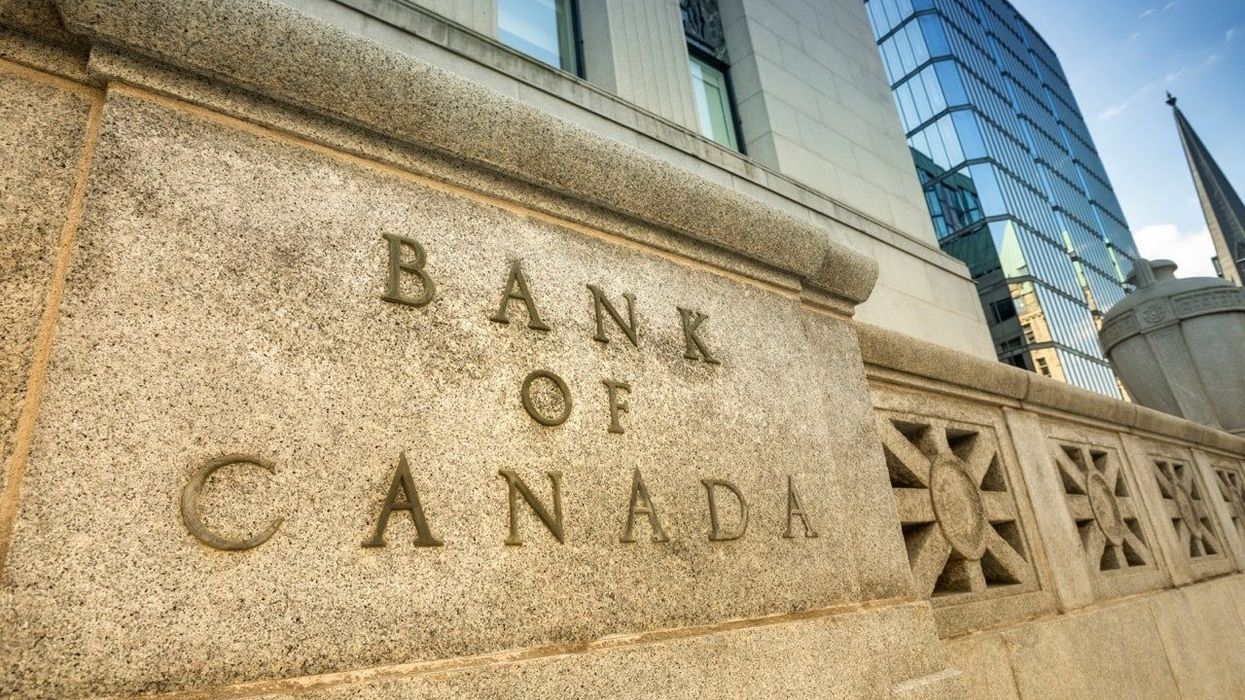The Bank of Canada (BoC) announced another rate hike on Wednesday, increasing its overnight lending rate by 25 basis points.
This marks the eighth straight rate hike from the BoC since March of last year, part of the central bank's fight against soaring inflation, and brings the policy rate to 4.5%.
"With persistent excess demand putting continued upward pressure on many prices, Governing Council decided to increase the policy interest rate by a further 25 basis points," the bank said in Wednesday's announcement.
The rate hike comes just one week after Statistics Canada announced another decline -- albeit a small one -- in the country's inflation rate. In December, inflation hit 6.3%, down from Novembers 6.8% and October's 6.9%. But as several economists and major banks predicted, the small declines were not enough to stop the BoC from implementing another rate hike as they try to get inflation closer to their target of 2%.
"Despite this progress, Canadians are still feeling the hardship of high inflation in their essential household expenses, with persistent price increases for food and shelter," the BoC said. "Short-term inflation expectations remain elevated. Year-over-year measures of core inflation are still around 5%, but three-month measures of core inflation have come down, suggesting that core inflation has peaked."
Over the past few weeks, the consensus among industry experts has been that the January rate hike will be the central bank's last one before taking a pause. On Wednesday, the bank confirmed that stance, saying "If economic developments evolve broadly in line with the MPR outlook, Governing Council expects to hold the policy rate at its current level while it assesses the impact of the cumulative interest rate increases." The BoC did add that the Governing Council will increase rates further if necessary, but noted that "inflation is projected to come down significantly this year."
The BoC also noted, however, that although Canada's economy has seen stronger-than-expected growth, increasing by 3.6% in 2022, the economy remains in excess demand.
"Labour markets are still tight: the unemployment rate is near historic lows and businesses are reporting ongoing difficulty finding workers," the bank said. "However, there is growing evidence that restrictive monetary policy is slowing activity, especially household spending. Consumption growth has moderated from the first half of 2022 and housing market activity has declined substantially.
"As the effects of interest rate increases continue to work through the economy, spending on consumer services and business investment are expected to slow. Meanwhile, weaker foreign demand will likely weigh on exports. This overall slowdown in activity will allow supply to catch up with demand."
Looking towards the future, the bank is projecting a 1% growth of GDP in 2023, followed by a 2% growth in 2024.





















